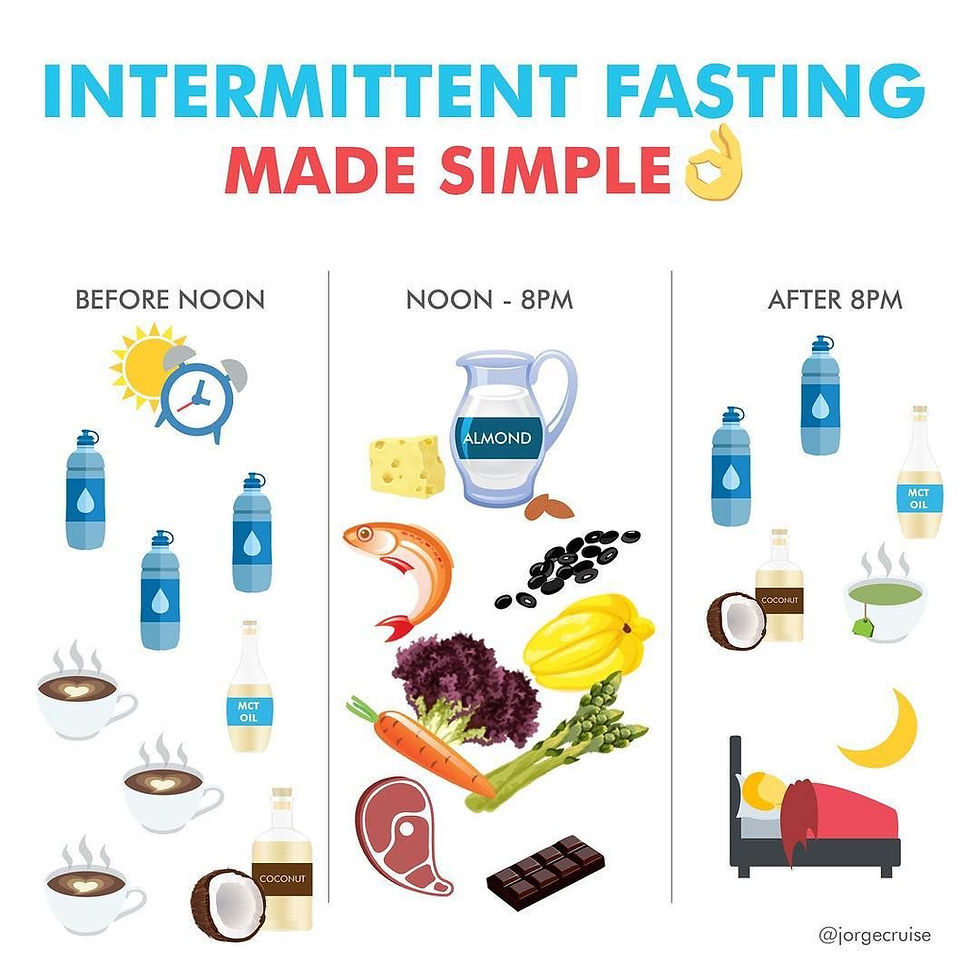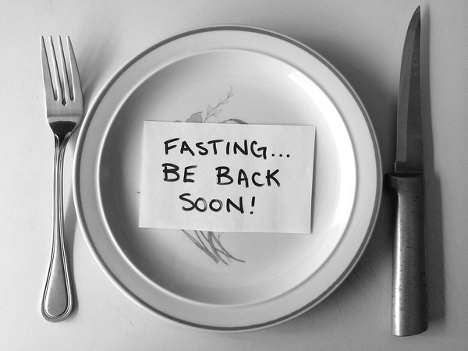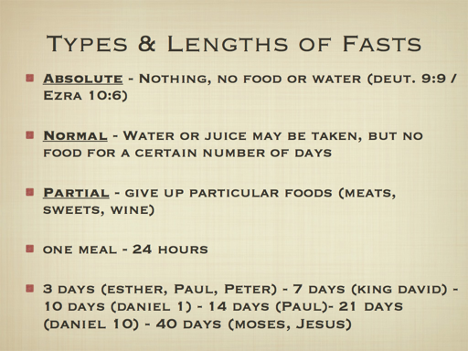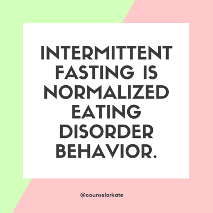The truth about fasting: Is it about religion or relief?
- naomigrewan
- Sep 11, 2020
- 4 min read
by Langa Mohlala
When I was younger, my understanding of fasting was that it was solely a religious practice whereby a person would forgo food as a source of strength, and would instead rely on the higher power in which they believed. In recent years, however, I discovered that fasting could also be described as a type of diet/weight-loss hack. Is the term ‘fasting’ politically correct in both instances? Can these fasts be mutually exclusive?
Fasting for religion
Whenever the Church would enter a time of prayer and fasting, my pastor would always say, “Fasting without prayer is just a diet.”.
In the context of Christianity, fasting is denying the flesh of desires in order to rely on the strength that God provides. Fasting is also said to sharpen the spirit and allow Christian people to become better servants of the Lord. Many biblical figures who fasted – including Jesus Christ – were said to have gained something from it; be it wisdom, favour, repentance and/or spiritual strength.
Ideally, one is expected to go without food for a certain period of time; usually 40 days and nights. This period of time is commonly referred to as Lent, which occurs just before Easter. Nowadays, the lengths and types of fasts vary, and people are encouraged to do whatever suits their bodies and lifestyles.
Other religions, such as Buddhism, Islam and Hinduism, are also known to observe fasting. Reasons for fasting in these particular religions are similar to that of Christianity. In Hinduism, fasting is about purifying the body and mind in order to obtain grace. Generally speaking, it is not about suffering or going without food, but it is rather about eliminating certain foods or replacing them with others without restricting the quantity of what you eat. This type of fasting commonly occurs in the months of July and August – where Hindu people will fast on Mondays and Saturdays – and also in the month before Diwali.
In regard to Islam, Ramadan is the most sacred month of the year. During this month, Muslim people will fast by not consuming any food or liquids from sunrise to sunset in order to deepen their relationship with Allah. The prophet Muhammad said that upon the start of Ramadan, “the gates of heaven are open […], the gates of hell are closed and the devils are chained.”.

During this time, Muslim people will engage in extra prayer, intense generosity and study of the Quran, all while maintaining spiritual discipline. The purpose of fasting is to remind a person of their dependence on Allah and to reduce life’s distractions in order to focus on their relationship with Him.
Fasting for “Fitness”

Intermittent fasting has become somewhat of a fast fix for people to lose weight. It is described as “an eating pattern that cycles between periods of fasting and eating”. It is not restrictive about what you should eat, as diets usually are, but rather with when you eat. The ratio of how many hours you fast to that of how many hours you eat in a day ranges from 12:12 and 14:10 to 16:8 and 20:4. During the fasting period, one is expected to only consume black coffee, water and herbal tea in order to mitigate hunger, while the consumption of a high protein diet with the addition of fruits and vegetables during the eating window is highly encouraged.
Its benefits include:
· Weight loss
· The prevention of cancer (according to animal studies)
· A decrease in the factors that cause heart disease, such as high blood sugar and cholesterol levels
· Anti-ageing (along with a possibility of living longer)
· Self-discipline
Intermittent fasting – especially for a long period of time – will have its adverse effects, some of which include:
· Feeling sick of fatigued, especially after doing strenuous exercise
· A risk of low blood sugar
· Minimal research – i.e. we do not really know what we are dealing with or how bad it can be
· Irregular eating patterns and unhealthy eating habits
· The beginning of an eating disorder
Considering how bad the side effects can get, dietitians advise that children, teenagers, women who are pregnant or trying to conceive and people with diabetes and/or other metabolic disorders do not consider intermittent fasting.
Final Comments
Fasting is defined as the voluntary refrainment or abstinence of food for medical/experimental reasons, and/or as a “religious observance”. This knocks the idea of intermittent and religious fasting being mutually exclusive, as a person may fast to lose weight but can also pray while doing so in order to keep their spirits lifted.
Despite the similarities in both acts, the punishments and rewards of intermittent and religious fasting are on opposite ends.
Religious fasting is about sacrifice in order to obtain spiritual healing and strength, and one does not need to give up food in order to fast. This is a plus side, especially for people who have health problems. Intermittent fasting does help one to become disciplined, but it is a catalyst to eating disorders and body image issues.
In conclusion, one could argue that religious fasting is simply intermittent fasting with a different goal. The big difference is that religious fasting is more lenient in the physical sense than that of the spiritual. Prayer is the foundation of religious fasting, and discipline is the foundation of intermittent fasting. The outcome in each instance is different. One is spiritual accomplishment and peace, and the other is either a messed up frame of mind or the illusion of a dream body.













Comments